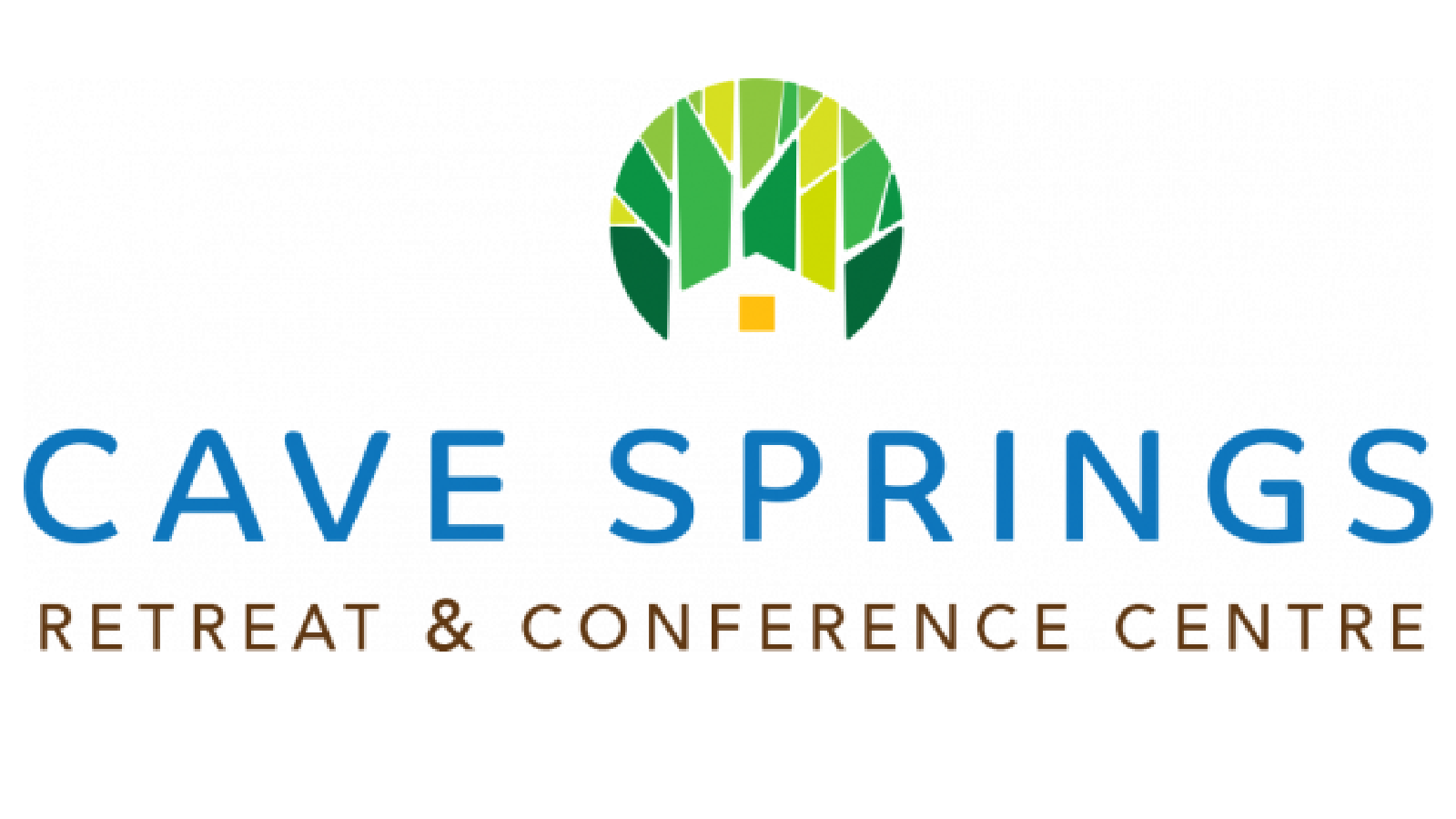Remember being a child. Running outside with your friends for hours in the neighbourhood. Barefoot in the backyard. Exploring parks and woods. Have you ever considered how that contributed to your happiness?
Has being months deep into a pandemic made you stop and evaluate what makes you happy? Years ago, while being treated for cancer, I did a head on, no turning back, look at what was going on in my life. What did I really want? How could I get it? How can I be happy again? I found myself naturally happiest when sitting along the riverside in my bare feet, listening to the birds, watching the current while daydreaming. I was relaxed and surprisingly creative. And the reason is also why so many people are now exploring the great outdoors.
Humans intuitively look to nature as a place to go for comfort. Biologist E.O. Wilson’s “biophilia” theory suggests there are evolutionary reasons we seek out natural experiences. Other studies agree that the sounds and smells of natural experiences we seek may be rooted in evolutionary psychology. Getting back to our roots so to speak.
Overall, there is good evidence to suggest there are benefits from interacting with nature.
Benefits included were an increase in self-esteem and mood. As well as, a reduction in anger and stress. It also had positive effects on emotions and behaviour. The ability to perform mentally challenging tasks increased.
The benefits come from connecting with our senses in nature. Sight, sound, smell, taste, and touch. Natural settings were found to have restorative qualities. For example, gardening promotes stress reduction. Nature’s aromatherapy contributes to a host of benefits including a decrease in depression, anxiety, and an increase in pleasant moods. The essential oils people purchase to calm anxiety come from nature.
People are genetically programmed to find plants, water, and other natural elements. Being absorbed by nature distracts us from our pain and discomforts. Humans find nature inherently interesting. We can naturally focus on what we are experiencing. This provides respite for our overactive minds. As a result it relieves attention fatigue and increases creativity. Scientifically you are letting your prefrontal cortex recover. These positive results all contribute to your overall happiness.
How can you increase your connection to nature and decrease stress?
- Intentional interactions with nature. Try gardening and watching wildlife.
- Take a walk through a park or greenspace path. Avoid urban settings when possible. Try AllTrails in your city to find paths and trails.
- Visit natural bodies of water. (Bonus – the sound of water is naturally soothing)
- Immerge your senses in nature. Touch the grass with your bare feet. Smell the air. Listen to the birds and frogs. Look at the beauty of nature. And if you are lucky enough to find a tasty treat, savour it. Connecting with nature goes hand in hand with mindfulness. And we all know that mindfulness has its own bucket full of health benefits!
- Unable to get to nature? Then bring it to you! Grow house plants, and herbs. Listen to nature sounds. Make your screensaver your favourite natural hangout. The results will surprise you.
Take a little bit of time per day to invest in your happiness. Make it a priority for your health and wellbeing. After all, it’s just the natural thing to do!
Candy Ashbee is a two-time cancer survivor who has turned her adversity into an opportunity to help others find their happiness through coaching. Visit Emerge and Evolve today.
Candy Ashbee
Personal Development Coach
FLOW ICF Certified Professional Coach, ACC

 Back to myNiagaraOnline
Back to myNiagaraOnline





















